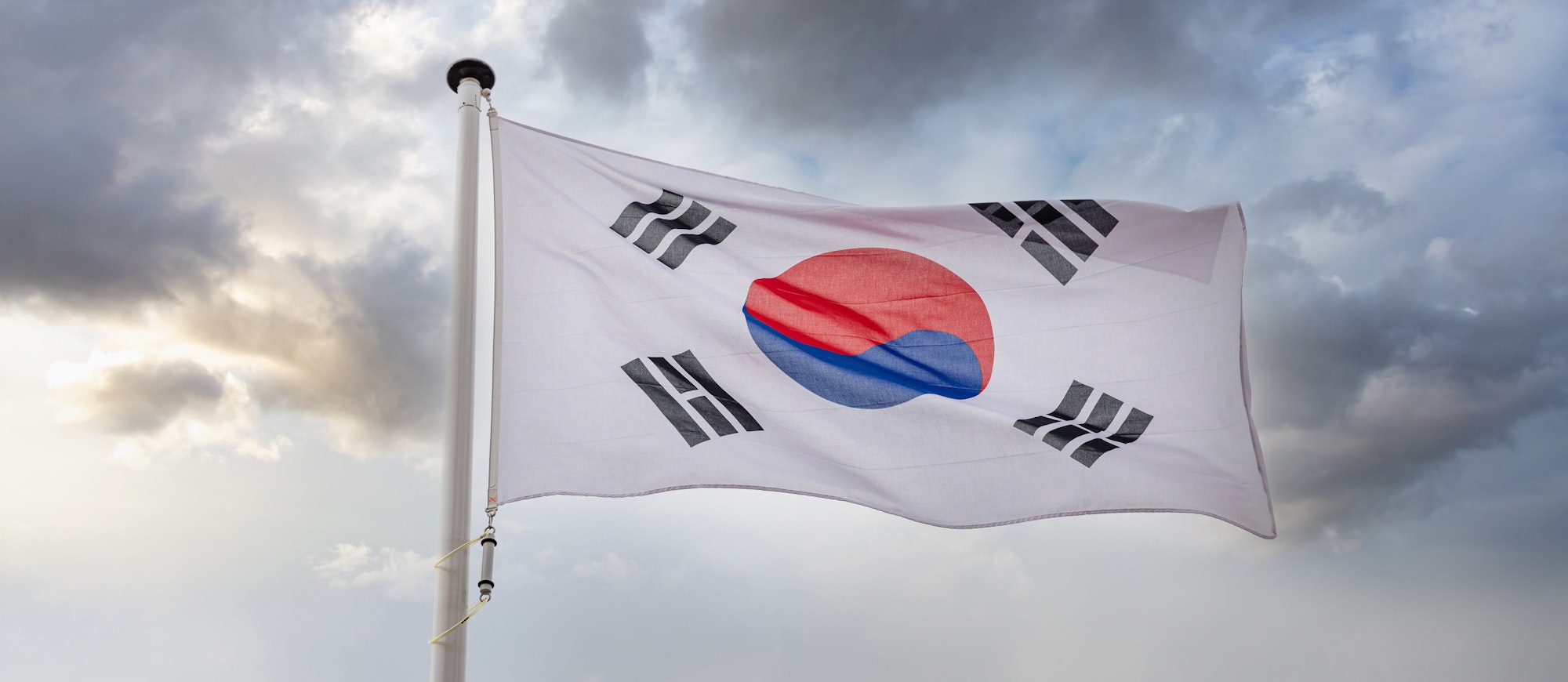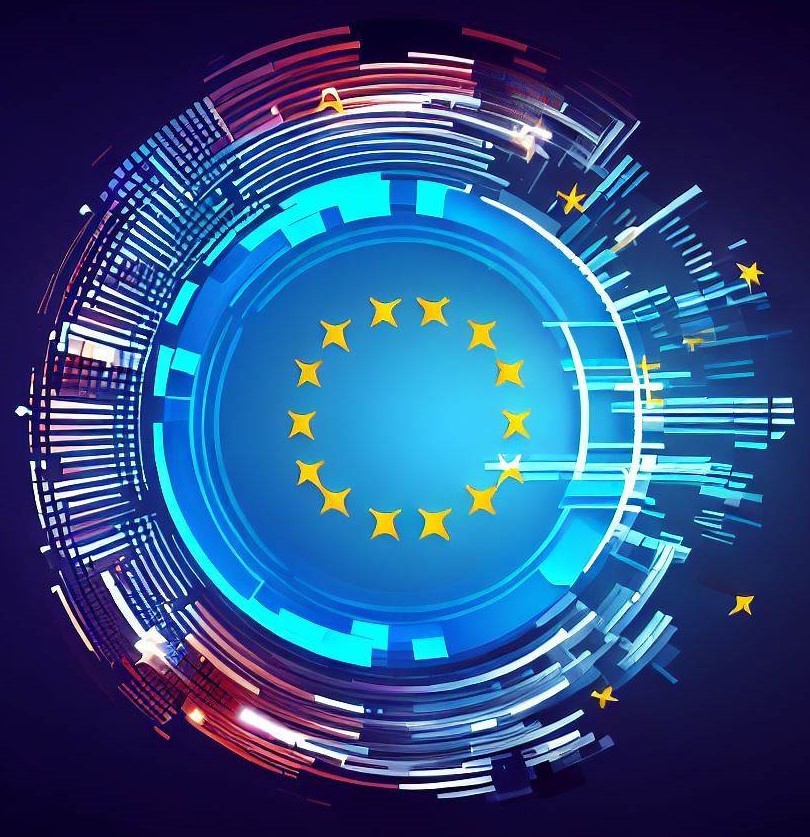Rivals of major technology firms have criticised the European Commission for weak enforcement of the Digital Markets Act, arguing that slow procedures and limited transparency undermine the regulation’s effectiveness.
Feedback gathered during a Commission consultation highlights concerns about delaying tactics, interface designs that restrict user choice, and circumvention strategies used by designated gatekeepers.
The Digital Markets Act entered into force in March 2024, prompting several non-compliance investigations against Apple, Meta and Google. Although Apple and Meta have already faced fines, follow-up proceedings remain ongoing, while Google has yet to receive sanctions.
Smaller technology firms argue that enforcement lacks urgency, particularly in areas such as self-preferencing, data sharing, interoperability and digital advertising markets.
Concerns also extend to AI and cloud services, where respondents say the current framework fails to reflect market realities.
Generative AI tools, such as large language models, raise questions about whether existing platform categories remain adequate or whether new classifications are necessary. Cloud services face similar scrutiny, as major providers often fall below formal thresholds despite acting as critical gateways.
The Commission plans to submit a review report to the European Parliament and the Council by early May, drawing on findings from the consultation.
Proposed changes include binding timelines and interim measures aimed at strengthening enforcement and restoring confidence in the bloc’s flagship competition rules.
Would you like to learn more about AI, tech and digital diplomacy? If so, ask our Diplo chatbot!










